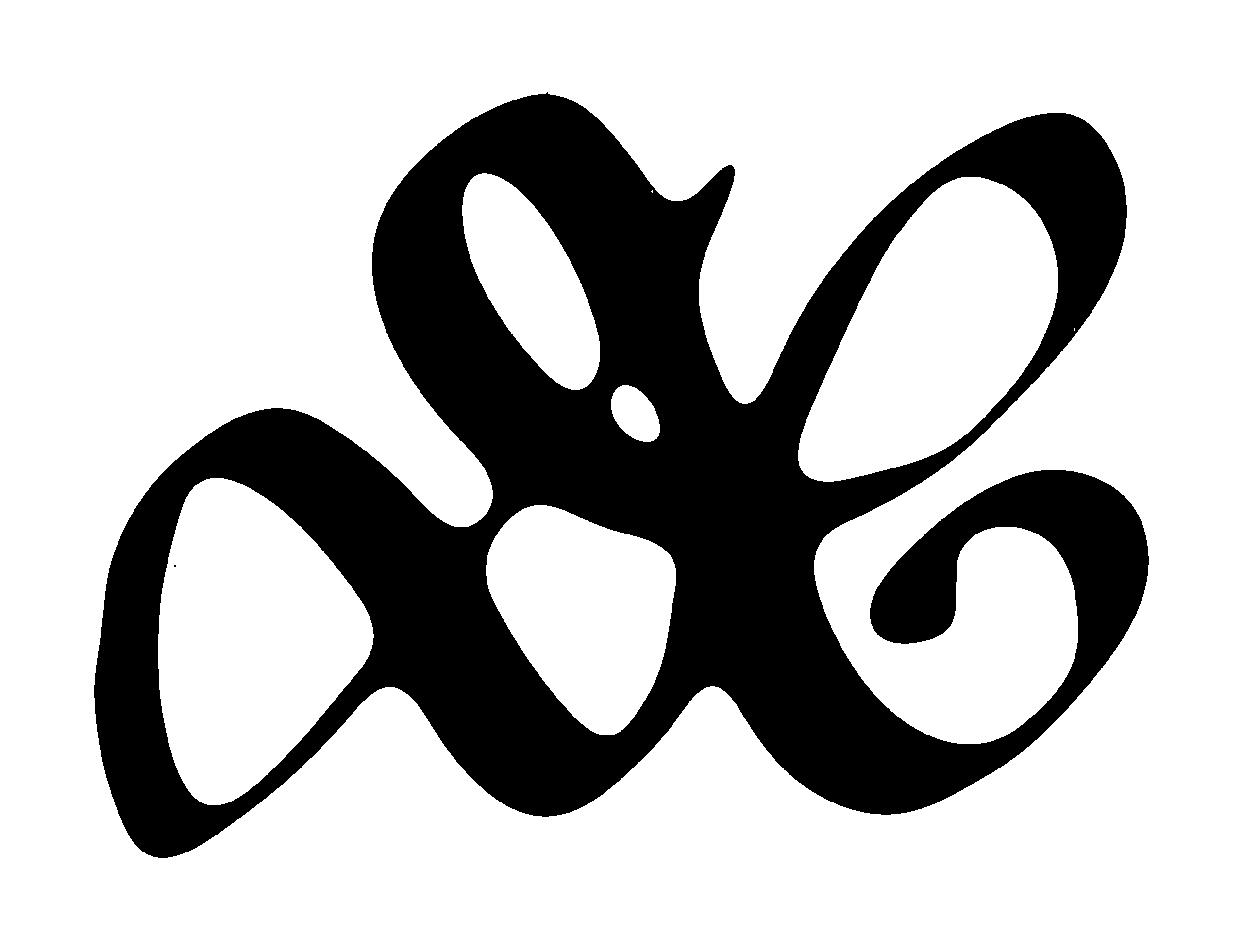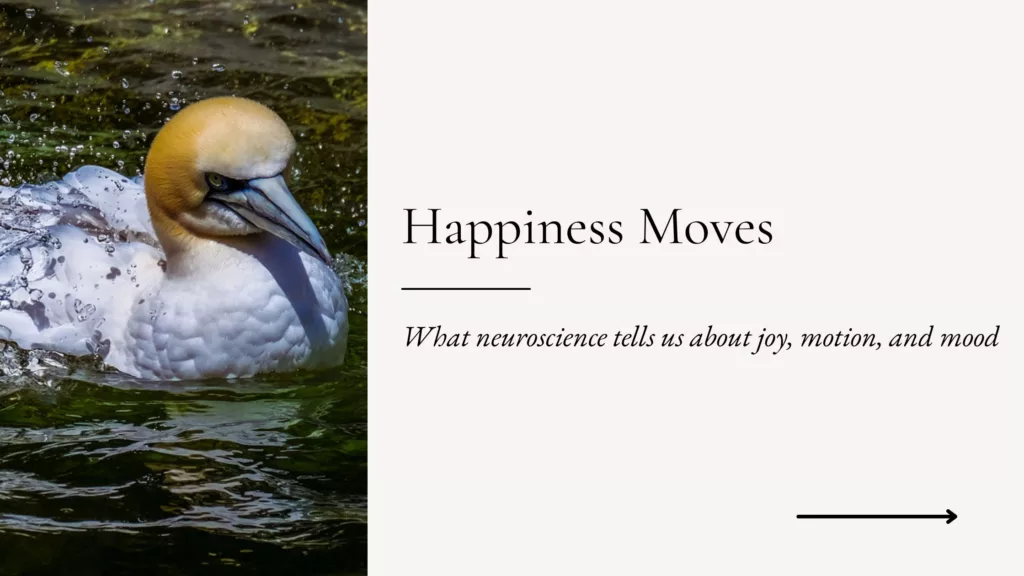Why Narrative Framing Helps Neurodivergent Brains Create
When I design quests as neurodivergent productivity tools—for myself or others—it’s not just aesthetic. It’s neuropsychological scaffolding.
Many neurodivergent people (myself included) live with a tangle of internal barriers: executive dysfunction, rejection sensitivity, decision fatigue, perfectionism, spiraling thoughts. Traditional task lists often provoke shame or shutdown. But story? Story is a nervous system technology.
Here’s why the quest format works:
1. Quests Provide Cognitive Maps
Executive function is often impaired in ADHD and autism. This is not due to laziness, but because the brain struggles to initiate or sequence tasks.
A quest is more than a to-do: it’s a narrative unit of action. It says,
“Here’s where you are. Here’s where you’re going. Here’s the next step.”
That turns overwhelm into orientation.
2. Clear Endpoints Reduce Perfection Paralysis
Many ND folks avoid starting because “doing it all” feels impossible—or because past experiences have taught them nothing is ever “good enough.”
Quests offer micro-completions. Each one has a visible endpoint. That generates a hit of dopamine and a sense of symbolic progress, even before the “big thing” is done.

3. Language Reframes Emotional Triggers
“Write website copy” might feel like an impossible task. But “Whisper a message to your future client” feels… different.
Quests swap threatening language for narrative metaphors. They give emotional distance, creative permission, and a gentle on-ramp.
4. Ritual and Play Unlock Flow States
ND folks often access deep focus through interest-based attention. When something feels meaningful, creative, or play-infused, it becomes magnetically doable.
Quests tap into that by making work feel like a game, a story, or a spell. The result? Flow becomes accessible—not forced.
5. Symbolic Systems Build Agency
For those of us who’ve felt broken by rigid systems, a personalized narrative system offers reclamation.
Instead of forcing ourselves to fit someone else’s productivity mold, we create our own logic. One that honors our rhythms. One where we’re the protagonist, not the problem.
That’s why I offer quests.
They’re not cute productivity hacks. They’re functional narrative tools—designed to support nervous system safety, motivation, and creative self-trust.
When the brain says “I can’t,” the story says “you’re just between steps.”
And that changes everything.
These quest formats are more than poetic tools—they’re nervous system technologies disguised as neurodivergent productivity tools.
For a deeper look at how ritual, repetition, and symbolic emotion support rewiring, read:
👉 The Science Behind Ritual: How Symbols, Emotions, and Repetition Rewire Us
P.S. If this resonates, feel free to pass it along. Forwards often reach exactly who needs them most—and that’s something I am deeply grateful for.


